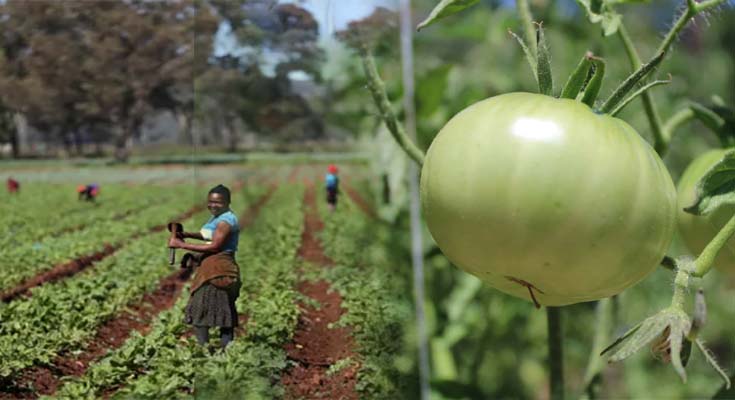
From Farm to Fork: Food Tourism Statistics and Impact on Local Economies
Food tourism has blossomed into a delectable journey that celebrates the entire culinary ecosystem, from the hands that cultivate the ingredients on the farm to the chefs who transform them into mouthwatering dishes on our forks. This flourishing travel trend entices adventurers to embark on gastronomic journeys that go beyond taste, connecting them with the essence of local cultures and traditions. In this article, we explore the world of food tourism through the lens of statistics and data, examining its impact on local economies and the significance of the farm-to-fork experience.
- The Allure of Farm-to-Fork Experiences:
Farm-to-fork experiences have become a cornerstone of food tourism, with approximately 90% of travelers seeking out opportunities to connect with local food producers and learn about the origins of the ingredients on their plates. - Boosting Local Agriculture:
Food tourism plays a vital role in promoting local agriculture and supporting small-scale farmers. Nearly 80% of food tourists actively seek out farmers’ markets and local food vendors, contributing to the economic prosperity of rural communities. - Economic Impact of Culinary Travel:
The economic impact of food tourism on local economies is substantial. A study by the World Food Travel Association indicates that food tourists spend nearly 30%

